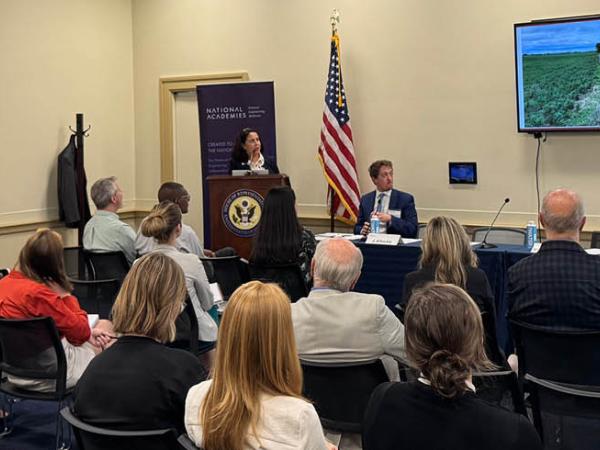
Crossroads in Agriculture: Bridging Science, Policy, and Practice
Arizona State University hydrologist Jay Famiglietti presented over two decades of satellite data, which revealed the sharp and sustained decline of groundwater resources in the Southwest, especially in the Colorado River Basin, where groundwater is disappearing 2.5 times faster than surface water. To mitigate groundwater depletion, Famiglietti suggested implementing sustainable sub-basin water management policies and incentives that reward efficient irrigation practices by farmers.

Vanishing freshwater: Earth's continents are rapidly drying out
“These findings send perhaps the most alarming message yet about the impact of climate change on our water resources,” said Jay Famiglietti. “Continents are drying, freshwater availability is shrinking, and sea level rise is accelerating.”
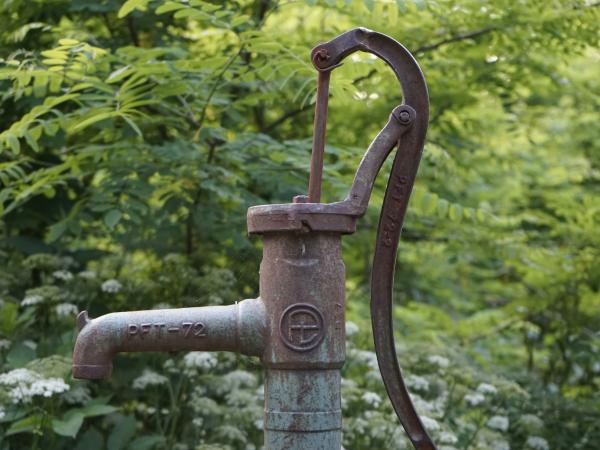
Satellites reveal a hidden global water crisis
According to lead researcher Jay Famiglietti: “These findings send perhaps the most alarming message yet about the impact of climate change on our water resources…Continents are drying, freshwater availability is shrinking, and sea level rise is accelerating. The consequences of continued groundwater overuse could undermine food and water security for billions of people around the world. This is an ‘all-hands-on-deck’ moment — we need immediate action on global water security.”

We are undergoing unprecedented loss of freshwater across the planet
Jay Famiglietti at Arizona State University and his colleagues used gravity measurements from satellites to estimate changes in the total amount of water mass stored on the continents. That includes all forms of freshwater, from rivers and underground aquifers to glaciers and ice sheets.
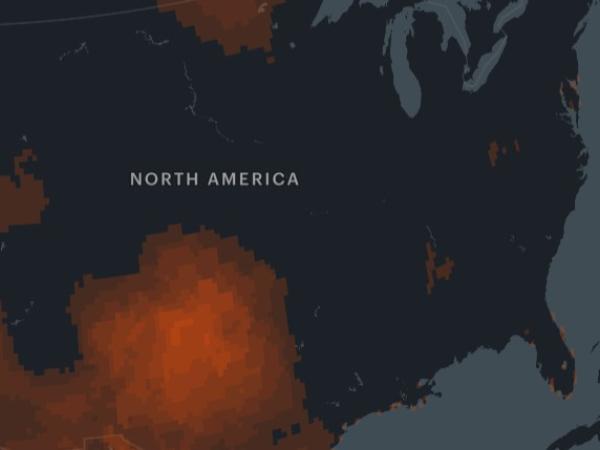
The Drying Planet
“They like to say, ‘Oh, the management’s doing well,’” Jay Famiglietti said, but looking out over the next century, the trends suggest the aquifers will continue to empty out. “No one talks about that. I don’t think it’s an exaggeration to say it’s an existential issue for cities like Phoenix.”
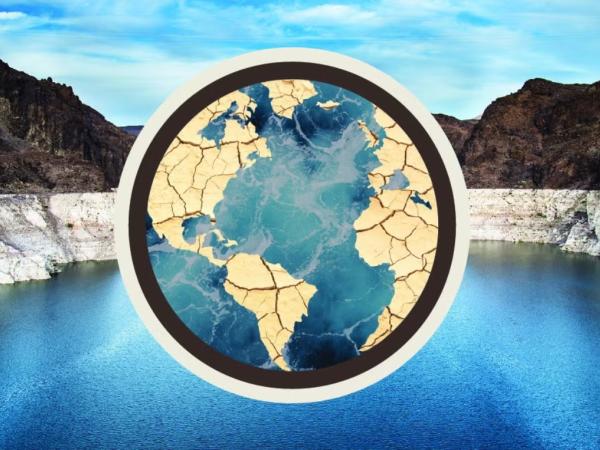
New global study shows freshwater is disappearing at alarming rates
“These findings send perhaps the most alarming message yet about the impact of climate change on our water resources,” said Jay Famiglietti, the study’s principal investigator and a Global Futures Professor with the ASU School of Sustainability.

The parched planet paradox: How drought and sea level rise feed on each other
“We use a lot of water to grow food,” said Jay Famiglietti, a professor at Arizona State University’s School of Sustainability and one of the authors of the study. “If things don’t change, we’ll see impacts on our food security and just our general water availability.”
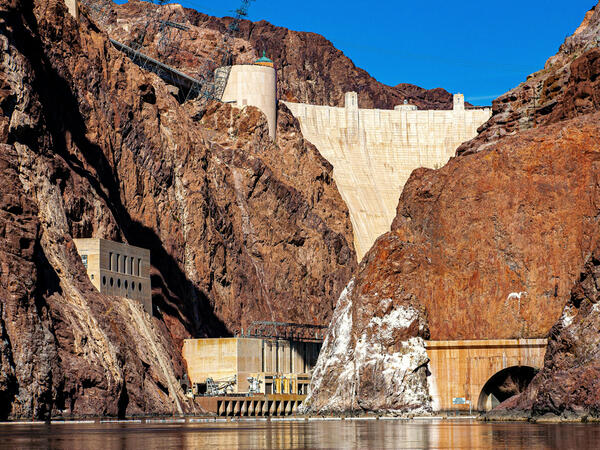
Lake Mead water projections raise red flags
Still, the lack of agreement between states on future guidelines has also created a lot of uncertainty for water users, said Kathryn Sorensen, the director of research at the Kyl Center for Water Policy at Arizona State University.
“There’s a total unknown still about what happens after the current shortage sharing guidelines expire, and what will be the new operating guidelines. There’s a lot of uncertainty, and uncertainty is difficult to plan around,” Sorensen said.
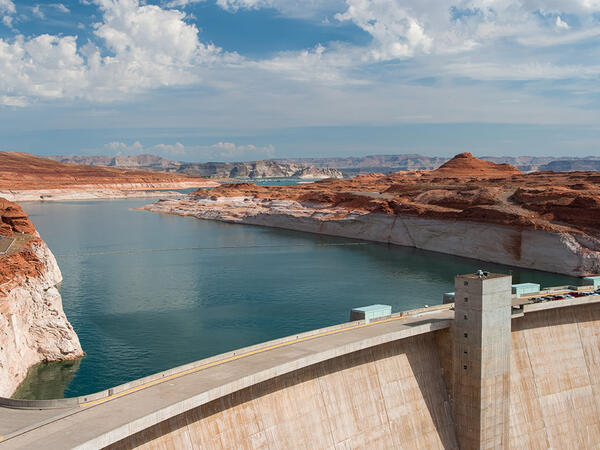
Look out, Lake Powell: Experts say the lake could drop below critical levels as soon as 2026
“This is an early warning. There is something that needs to be fixed,” said Karem Abdelmohsen, an ASU researcher and co-author of a study on groundwater changes over the last 20 years. “Groundwater storage is our savings account,” Abdelmohsen said. “Surface water is our spending account. And in our situation, we are using both accounts at the same time.”
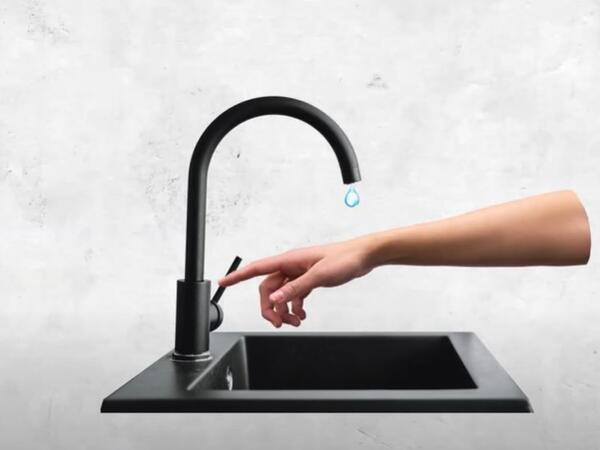
Editorial: Should water be transferred from rural Arizona into urban growth areas?
Sarah Porter, director of the Kyl Center for Water Policy at Arizona State University, also expressed concern. She doubts it's a good long term solution, especially with shortages of Colorado River water and the chances that the drought-caused shortages mean the amount the state can withdraw will shrink.